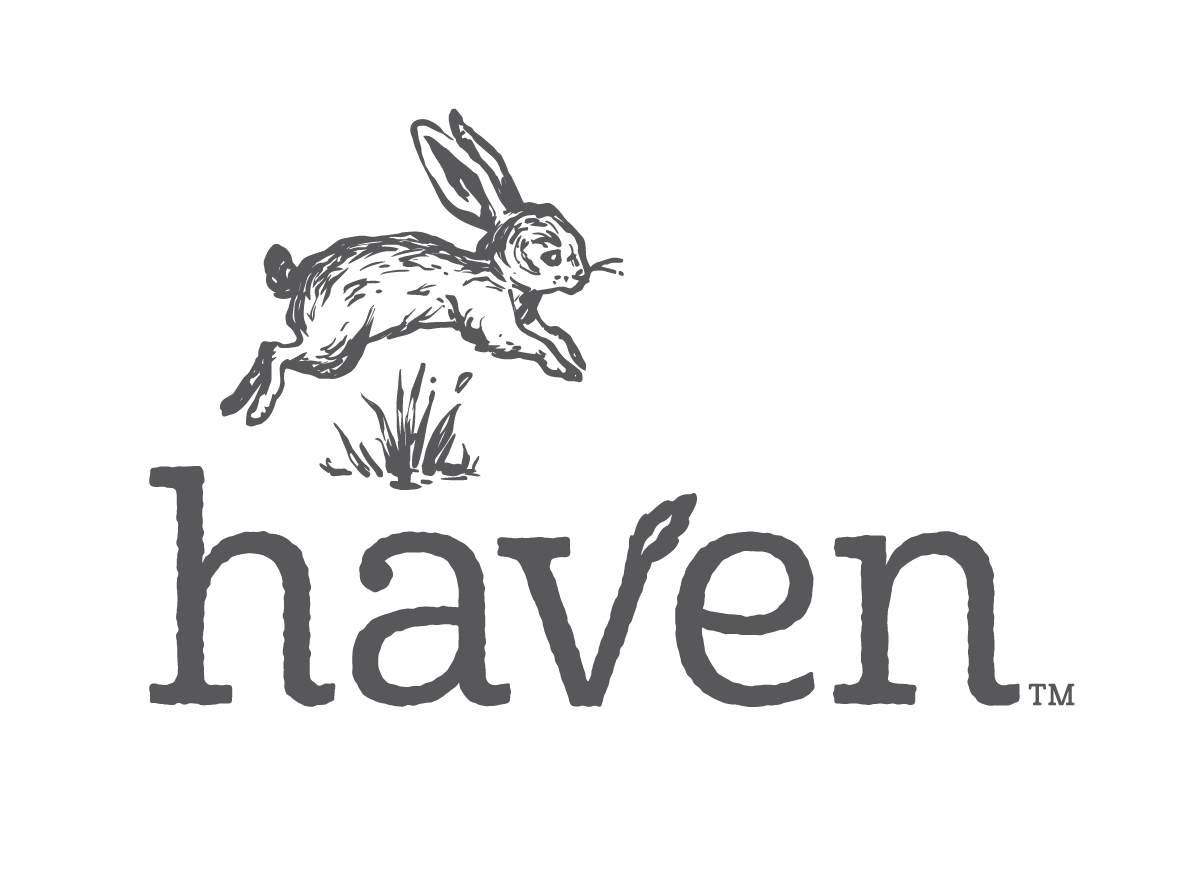The first 12 weeks following the birth of your baby is termed the fourth trimester. This is a beautiful and exhausting moment of your life, and a crucial time to look after yourself while you are getting to know your new baby.
It’s in the first few days after birth when women experience the most significant drop in hormones. Pair this with the intense physical labour that the body has just endured, severe fatigue and sleep deprivation, as well as feeding a new baby…Phew! Women are phenomenal!
In various cultures around the world, the fourth trimester is celebrated as a time to nurture and nourish the new mother. But so often in our Western culture we’re quick to try to “bounce back” to our jeans and our jobs without really acknowledging how miraculous we are and what our body has been through to bring a baby Earth-side.
Mother Nature prioritises a developing baby throughout pregnancy and if nutrition is not met through the diet, the baby will draw on the mother’s nutrient reserves.
The fourth trimester is an important time to replenish the mother, so here are my top nutrition tips.
Foods to help you heal
Recover and repair with a macronutrient balanced diet. This means getting adequate protein, good fats and gentle carbohydrates.
Protein depletion can occur very quickly in a new mother so aim to get a protein source into each meal and snack: Incorporating slow cooked meats, bone broth, eggs, legumes, nuts and seeds where you can, will help you meet these requirements; otherwise sometimes a good quality protein powder can help.
Nourishing fats are found in avocados, coconut, olive oil, ghee, butter, nuts, seeds and full-fat dairy.
Gentle carbohydrates and fibre to support bowel health are quinoa, brown rice, starchy vegetables and fruit.
Postnatal recovery smoothie
• 1 cup almond milk + extra (depending on desired consistency)
• 1 tablespoon chia seeds
• 1 tablespoon flax seeds
• 1 tablespoon pumpkin seeds
• 3 brazil nuts
• 1 handful leafy greens
• 1 stalk of celery
• 1 banana
• ½ cup organic berries
• 1 scoop protein or collagen powder
Blend until smooth and creamy.
What about micronutrients?
Vitamins and minerals are also of importance in the fourth trimester. The majority of women enter a pregnancy already depleted of nutrients (40% of women are iron deficient before falling pregnant), then the demands of growing a human being further draws on the mother’s reserves.
During pregnancy, the heart works harder in order to provide adequate nourishment to the fetus. The body increases its blood volume by 30-50%. The recommended dietary intake (RDI) for iron during pregnancy is 27mg.
What happens if you don’t get the RDI during pregnancy?
At best, you’ll feel tired. Other consequences of low iron will make you feel short of breath, your immune system will be compromised and you’ll get what everyone refers to as ‘baby brain’. Not to mention your developing baby relies on your iron intake for intellectual development, a robust immune system and healthy growth.
Then birth itself can further compromise your iron status.
What worries me is the % of mothers who enter pregnancy with low iron can’t catch up during pregnancy because baby is drawing on the already depleted body. Then birth itself will further compromise the iron status (whether there is a large postpartum haemorrhage or not, there is usually blood loss).
A simple blood test and supplementation could be the answer for some of the women suffering with postpartum exhaustion, depression, low breast milk supply, irritability, low libido and decreased immunity.
Iron-rich foods include red meat, liver, shellfish, leafy greens and legumes.
Other micronutrients that are important to replenish in the postpartum period are calcium, magnesium and zinc. A balanced diet from a variety of whole foods will help you meet these requirements.
The hormone rollercoaster
During pregnancy, right up to the delivery of the placenta, your hormones (oestrogen, progesterone, testosterone and cortisol) are at their peak. After the delivery of the placenta, your hormones drop right off and a woman will experience the most significant drop in hormones that she’ll ever experience in her entire lifespan.
Our bodies are incredible and after about two weeks, we adjust to this drop and slowly get used to a small amount of broken sleep.
But please let this be a reminder that we need to rest. Easier said than done with a newborn and maybe other children in tow, but build your village and accept support if it’s there!
Some women have more going on and anything from thyroid health, post postpartum depression or nutrient depletion can further affect your recovery and emotions. I encourage to seek support from a health care provider if you suspect there is more going on for you.
These are my top 10 postpartum foods:
1. Avocado
2. Nuts
3. Oats
4. Eggs
5. Beans + Legumes
6. Chia seeds
7. Salmon
8. Leafy greens
9. Yoghurt
10. Slow cooked meats
….and of course, hydration! Lots and lots of filtered water!




